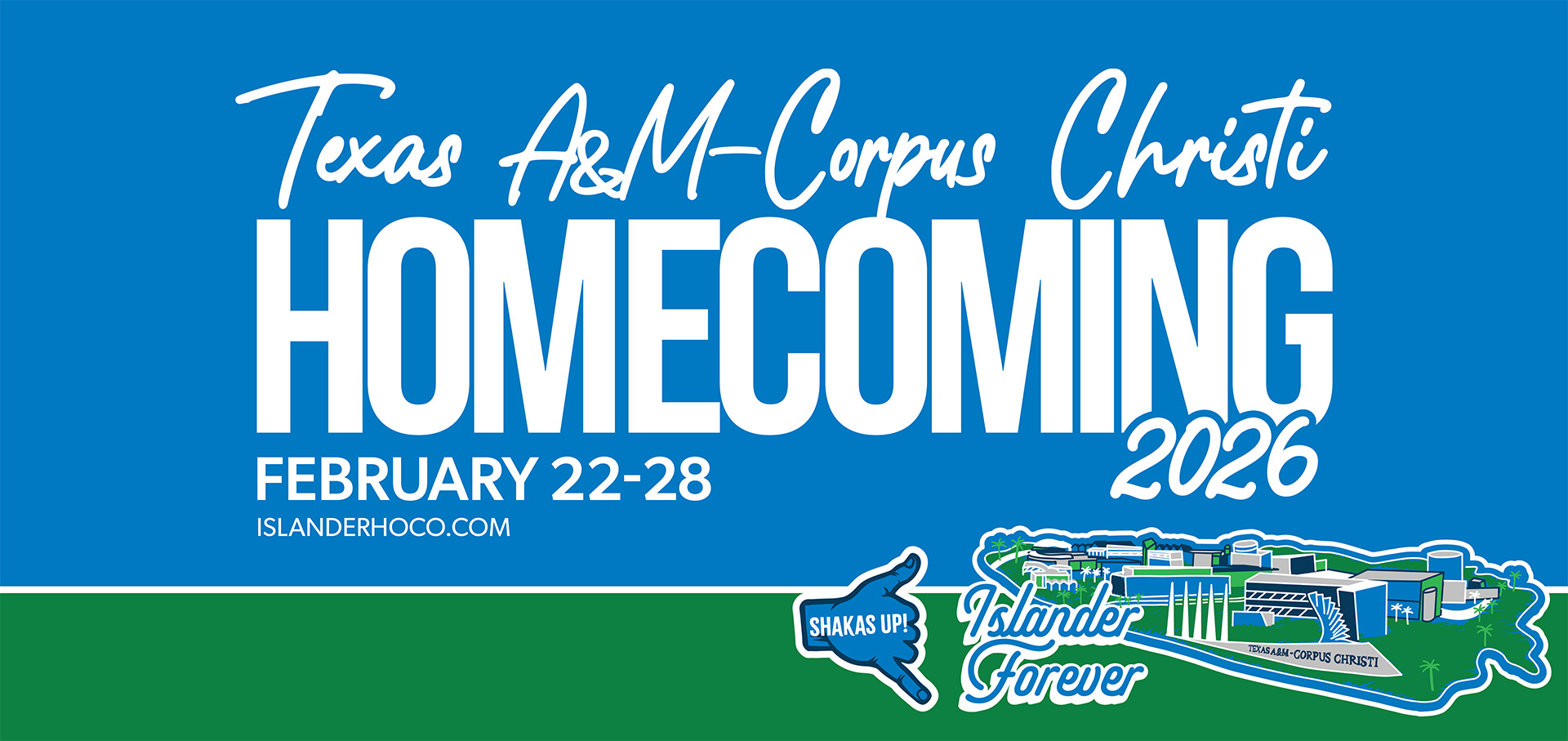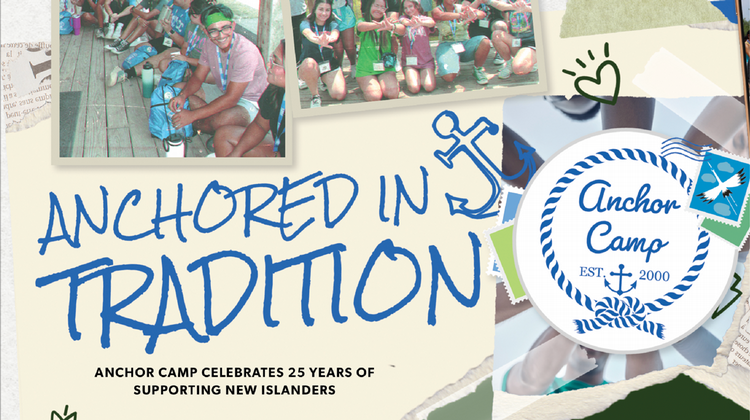Island University Provides Free Period Products in Select Restrooms
CORPUS CHRISTI, Texas – The crimson tide. A monthly friend. Aunt flow. Menstruation affects more than half of the world’s population, yet remains shrouded in social myths, taboo attitudes, and barriers to hygiene practices. According to Period. The Menstrual Movement, period poverty, or a lack of access to sanitary products and menstrual hygiene information, can impede education and affects a student’s freedom to study, be healthy, and participate in society with dignity.
Thanks to the collaborative Texas A&M University-Corpus Christi initiative called Helping Students. Period., period products are now freely available in all unisex restrooms across campus, and in women’s restrooms in the University Center, Dugan Wellness Center, and Mary and Jeff Bell Library. The goal of the program is to help Islanders struggling with period product insecurity thrive academically and socially.
“We can’t fix period poverty for the whole world, but we can help end period poverty here on the Island,” said Delaney Foster, Texas A&M-Corpus Christi Assistant Director for Engagement Initiatives. “Not everyone has a need for period products. However, we all benefit when our Island hears everyone’s voices. If students are leaving campus because of a lack of period products, their voices aren’t being heard.”
According to a national study commissioned by Free the Tampons, 86% of US menstruators experience unexpected periods and are in need of emergency sanitary products, 79% “MacGyver” a temporary solution with toilet paper, socks, and other items in lieu of a tampon or pad, and at least 62% will leave class, work, or other activities to acquire menstrual supplies.
“Access to period products is a necessity, not a luxury,” said Ariana Rodriguez, Islander graduate student studying public administration. “Period poverty creates unsanitary conditions and impacts a student’s attendance and academic performance, which may be detrimental to their futures. Many students are forced to decide between their next meal and a box of tampons, a decision none of them should have to make. When we have these products readily available to use, we are allowing them to focus on their studies and not their bodily functions.”
The initiative kicked-off after Islander Feminists, a Texas A&M-Corpus Christi student organization, partnered with Period Corpus Christi to educate the Island campus on what period poverty is and how it impacts the student population. After meeting with University staff and administration, Rodriguez, along with Ashley Arevalo, Period Corpus Christi founder/chapter president and two-time Islander alumna, created a petition for Islanders to show their support of the project. The petition received around 800 signatures before being presented to the Student Government Association.
“I would like to remind students how powerful they are. While our group of activists wanted this project to happen, at this time last year, it was only a dream,” said Rodriguez. “Through our advocacy and passion, this program became a reality. Only through our voices and actions can our administration provide us the tools and means to succeed.”
As part of A&M-Corpus Christi’s commitment to environmental stewardship and empowering all Islanders to be healthy, the University contracted with the company Aunt Flow to stock the Helping Students. Period. receptacles. The pads are 100% organic cotton, with no dyes or perfumes, and produce 25% less waste than a leading competitor’s product. The tampons are also 100% organic cotton and biodegradable.
According to Megan Greige, a senior studying environmental science and Islander Green Team President, period products are one of the least discussed items that place a large amount of plastic into the environment. Greige states that the average menstruator will use nearly 10,000 products within a lifetime and the plastic used for many products will linger for hundreds of years.
“A mentor once told me that institutions of higher education are beacons of progress to the communities around them,” said Greige. “This is a step in the journey to reduce our waste and conserve our resources, which helps us be better environmental stewards.”
The Helping Students. Period. pilot program began in summer 2019 and is currently collecting feedback to determine how students feel about the program. The data collected is part of Rodriguez’s academic research for her master’s degree, and she also hopes to utilize the public feedback to provide the University with suggestions on how to improve the program.
Additional Information
The locations of the Helping Students. Period. products can be found on the campus interactive map. Email helping.period@tamucc.edu to provide feedback and to report locations in need of a refill.

